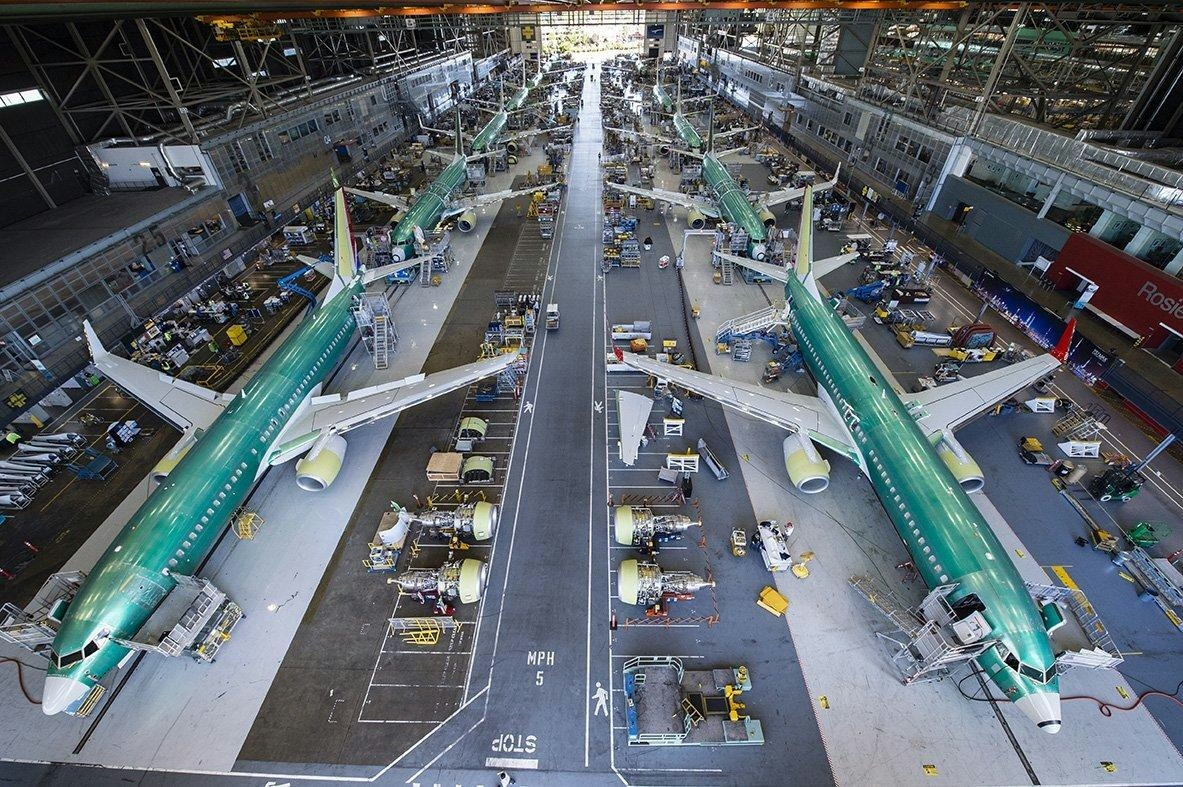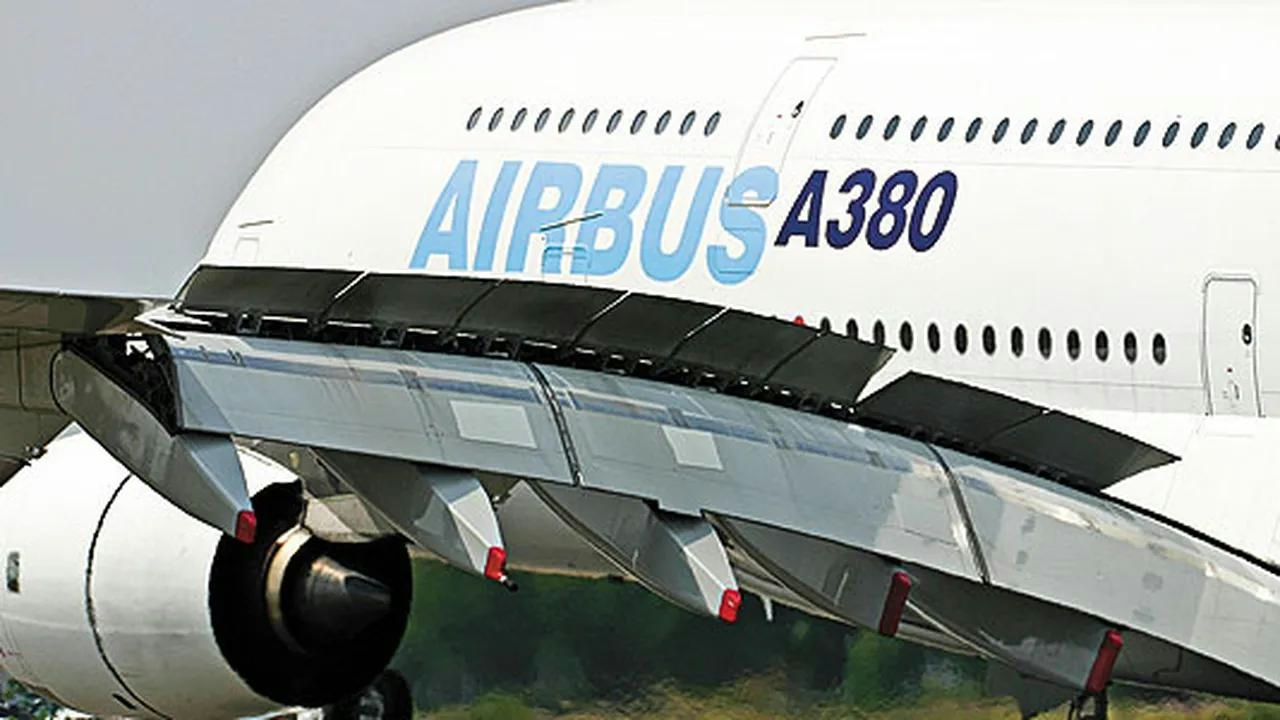أيروجيني — مساعدك الذكي للطيران.
الرائج الآن
Categories
ACI World and Amadeus reveal the world’s most innovative airports

ACI World and Amadeus Announce the World’s Most Innovative Airports
Airports Council International (ACI) World, in collaboration with Amadeus, has unveiled the recipients of the 2025 Technology Innovation Awards, recognizing airports that are leading the way in digital transformation, data-driven operations, biometric self-service, and sustainable terminal design. The awards were presented during the Airports Innovate 2025 Gala Dinner held in Busan, Republic of Korea, as the aviation sector prepares for a period of unprecedented expansion.
Innovation Amidst Rapid Growth
Global air travel is expected to reach 9.8 billion passengers in 2025 and surge to 17.2 billion by 2043. This dramatic increase is compelling airports worldwide to accelerate their adoption of advanced technologies, automation, and data-centric operations. These innovations are critical to expanding capacity, enhancing operational resilience, and meeting the evolving expectations of passengers, all while advancing sustainability objectives.
The 2025 Technology Innovation Awards highlighted several exemplary achievements. Kempegowda International Airport was recognized for its biometric-enabled self-service baggage drop under the category of Best Innovation in Airport Passenger Related Processes. Queen Alia International Airport received the award for Best Innovation in Airport Operations and Installations Management for its Smart Cleaning System, which redefines facility management through technological innovation. Pablo Lopez Loeches, Head of Ideation & Entrepreneurship at Aena, was honored as the Best Airport Innovation Leader. Additionally, Roland Garros Airport earned the Best Innovation: Airport on the Rise award for its bioclimatic airport building, a notable achievement for airports handling five million passengers or fewer.
Justin Erbacci, Director General of ACI World, emphasized the practical impact of these innovations, stating, “The 2025 Technology Innovation Awards winners are about successful innovation implementation—solutions that run every day, in real airports, under real pressure. This year’s winners spotlight measurable advances in digital transformation, data-driven operations, identity-enabled self-service, and sustainable, climate-smart terminals. These are the types of innovations airports need now—meeting today’s passenger expectations while keeping pace with rapid growth in air travel.”
Rudy Daniello, Executive Vice President of Air Operations at Amadeus, added that the industry is on the brink of significant change. He noted, “Our industry stands on the cusp of huge change as airports across the world digitally transform to offer a seamless travel experience. Now mature technologies like digital identity and biometrics are proven to drastically improve the experience of travel, the door is open to even greater levels of innovation across the sector.”
Challenges and Competitive Pressures
Despite these advancements, airports face considerable challenges. Airports Council International-North America reports that $174 billion in infrastructure investment will be required over the next five years to accommodate future growth. This pressing need has intensified competition among airports striving for innovation leadership. Facilities such as Salt Lake City International Airport and Singapore Changi Airport have introduced new terminals and services to maintain their competitive edge. In response, other airports are increasing investments in technology and infrastructure, as demonstrated by Groupe ADP’s proposed airport fee increases and Birmingham Airport’s £300 million investment plan.
The Airports Innovate 2025 event, hosted by Korea Airports Corporation and jointly organized by ACI Asia-Pacific & Middle East, ACI Europe, and ACI World, convened global industry leaders to showcase the technologies and strategies shaping the future of airport travel. The award winners exemplify the vital role of innovation in preparing airports for the next phase of growth, where operational efficiency, biometric identity solutions, automation, and sustainable terminal design will be key determinants of success.

Locatory.com Gains Traction Among Aviation MROs and Suppliers

58 Pilots Graduate from Ethiopian University

The Engine Behind Boeing’s Latest Widebody Aircraft

UBTech Shares Rise After Airbus Orders Humanoid Robots

Boeing’s Widebody Jet Sales Surge Signals Shift in Global Air Travel

French Aircraft Design Claims to Reduce Energy Consumption by Elevenfold

Boeing Surpasses Airbus Orders in 2025 as Deliveries Total 600

Why the Airbus A380 Uses Two Different Engine Types

'Miracle on the Hudson' Survivor Advocates for Increased American Airlines Staffing

flydubai Implements Amperity’s AI Customer Data Platform to Enhance Customer Experience
